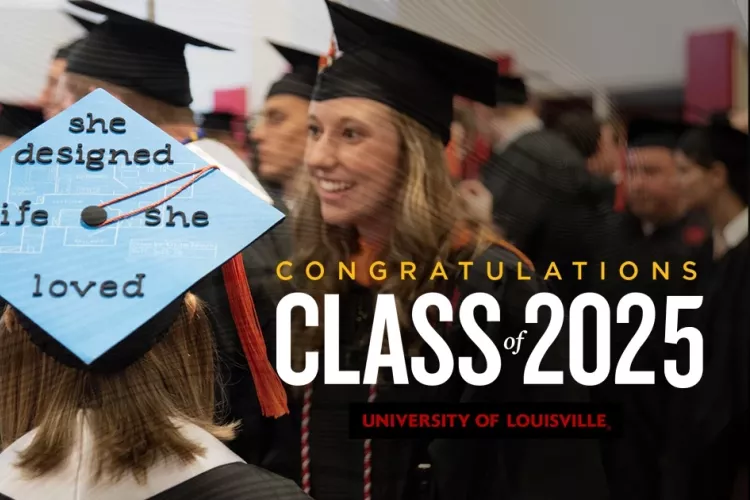Deep divisions in U.S. populace will test Trump, Congress
October 2, 2024The crowd flowed out of Chao Auditorium and into the hallway Monday night for the first in the McConnell Center's series of discussions about the United States presidency. The topic covered "President Trump: Challenges and Opportunities."
The new president has heightened emotions on all sides of the political spectrum but McConnell Center director Gary Gregg told the crowd that the country's deep divisions "are not a product of Donald Trump or the millenials. They've been coming for a long time."
Gregg says elected officials will have a tough time making substantive changes when their constituents can barely speak to each other about issues as they're divided by race, religion, where they live and whether they are married or single.
Joining Gregg on the panel were UofL political science professor Jasmine Farrier, associate professor of political science Laura Moyer, and the director of the John H. Schnatter Center for Free Enterprise, Stephan Gohmann.
Farrier took a more optimistic view of the country saying "we're more alike than we think." She maintains that Congress is a more accurate reflection of our divisions while, at the same time, providing a good check and balance to the presidency no matter who holds that office.
All of the speakers had numbers to back up their takes on the Trump presidency. A few "ooohs" could be heard from the crowd when Moyer showed the new president has the opportunity to fill 114 vacant federal judgeships, far more vacancies than presidents Barack Obama or George W. Bush had the opportunity to fill when they stepped into office. Moyer said President Trump's long-term impact will be felt with his appointments to the federal appeals court benches, not the lone open seat on the U.S. Supreme Court.
And while candidate Trump promised to cancel "bad trade deals" with other countries, Gohmann said any restrictions on free trade could hurt U.S. workers. Gohmann said GNP growth during the Obama presidency was slow at less than 3 percent per year. He says the president and Congress have an opportunity to boost economic growth by lowering taxes and concentrating more on American's production than consumption.
The McConnell Center is hosting three more talks about the U.S. Presidency during the spring semester.



